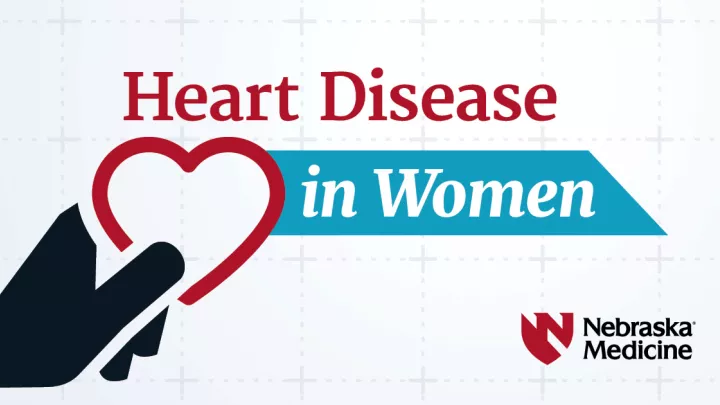How irregular menstrual cycles affect your cardiovascular disease risk

Cardiovascular disease is the leading cause of death worldwide, and women are no exception to this alarming statistic. In light of this, researchers have been looking into how irregular menstrual cycles may affect cardiovascular risk.
Research studies are ongoing, including a retrospective analysis of the data from the U.K. Biobank study published in the Journal of the American Heart Association. Such studies examine long versus short menstrual cycles to see if any correlation exists that may impact the development of cardiovascular conditions like heart attack, stroke, atrial fibrillation (AFib) and hypertension (high blood pressure).
What is an irregular menstrual cycle, and how can it affect the heart?
Menstruation is when a woman has her period. On average, the menstrual cycle lasts 28 days. Irregular cycles are defined as short, less than 24 days, or long, more than 32 days. Irregular menstrual cycles can impact a woman’s overall health, increasing the risk of various conditions.
“It has been long thought that estrogen is naturally protective against cardiovascular disease,” says cardiologist Kali Gagnon, DO. “A woman’s brain, particularly the hypothalamus and pituitary gland, and reproductive organs work together to cause hormone secretion. When released, estrogen decreases oxidative stress, which causes more blood flow to the heart, relaxed vessels and less inflammatory stress. Inflammation and free radicals can contribute to plaque buildup, and estrogen reduces this inflammation. Testosterone levels also play a role in whether hormone levels are causing an inflammatory response or not.”
This means that if estrogen levels are low, a woman loses that portion of protective stress relief, causing a higher inflammatory response, which can increase the risk of heart disease. Although estrogen seems to provide some protective properties, heart disease is still the cause of 1 in 5 female deaths in the United States.
Do irregular menstrual cycles cause cardiovascular disease?
“Looking at the studies and reviewing the literature, I see a potential correlation, but not necessarily a true causation,” says Dr. Gagnon. “People who have irregular menstrual cycles often have other coexisting conditions, such as polycystic ovarian syndrome, or PCOS, obesity, diabetes, high blood pressure or other conditions that factor in. It also appears that even if treatments are used to lessen the burden of irregular cycles, it doesn’t seem to change their cardiovascular risk. Still, this connection is difficult to make definitively for all women because of the many health and lifestyle variables that differ from patient to patient. As cardiologists, our assessment looks different with each patient.”
While this type of research raises good questions and brings awareness, it is also important to remember that not every woman fits neatly inside the statistical boxes that may result. Every person is unique, and there are many health factors to consider.
“Just because a person may experience irregular menstrual cycles, while an increased risk may potentially exist, it doesn’t necessarily mean they are automatically at higher risk of heart disease,” adds Dr. Gagnon. “Instead, focus on preventive ways to keep your heart healthy.”
Focus on preventive health and screening to combat cardiovascular disease
While there’s much we don’t know about the correlation between irregular menstrual cycles and cardiovascular disease, there’s no doubt that embracing a healthy lifestyle, seeing your doctor regularly, and keeping current with regular screenings are essential to cardiovascular health.
Early treatment is also crucial. Dr. Gagnon believes that each patient knows their body the best, so if something seems wrong or seems to be changing, it’s essential to speak up. “When you voice your concerns, your doctor will know better what kinds of risk assessments need to occur. When we find an issue early on, we can treat it early to reduce further cardiovascular damage and lessen risk.”
Focus on the areas you can control, including monitoring and regulating:
- Blood pressure
- Cholesterol
- Blood sugar
In addition, embrace a healthy lifestyle by:
- Quitting smoking.
- Losing excess weight.
- Maintaining an exercise routine.
- Eating a heart-healthy diet.
- Reducing stress.
Preventive health is significant for menopausal and post-menopausal women who may not be as protected by the benefits of estrogen production.
There are many differences in the way heart disease presents in women, how it affects them and what their risk factors are. Take our quiz to see how much you know.
Learn what heart attack symptoms look like in women and how to take action. Find out what is considered high blood pressure and how to fight it.
If you have risk factors that make you prone to cardiovascular disease, schedule a heart and vascular risk screening and assessment. The cardiologists at the Heart Disease Prevention Program can also help you find ways to keep your heart healthy.







